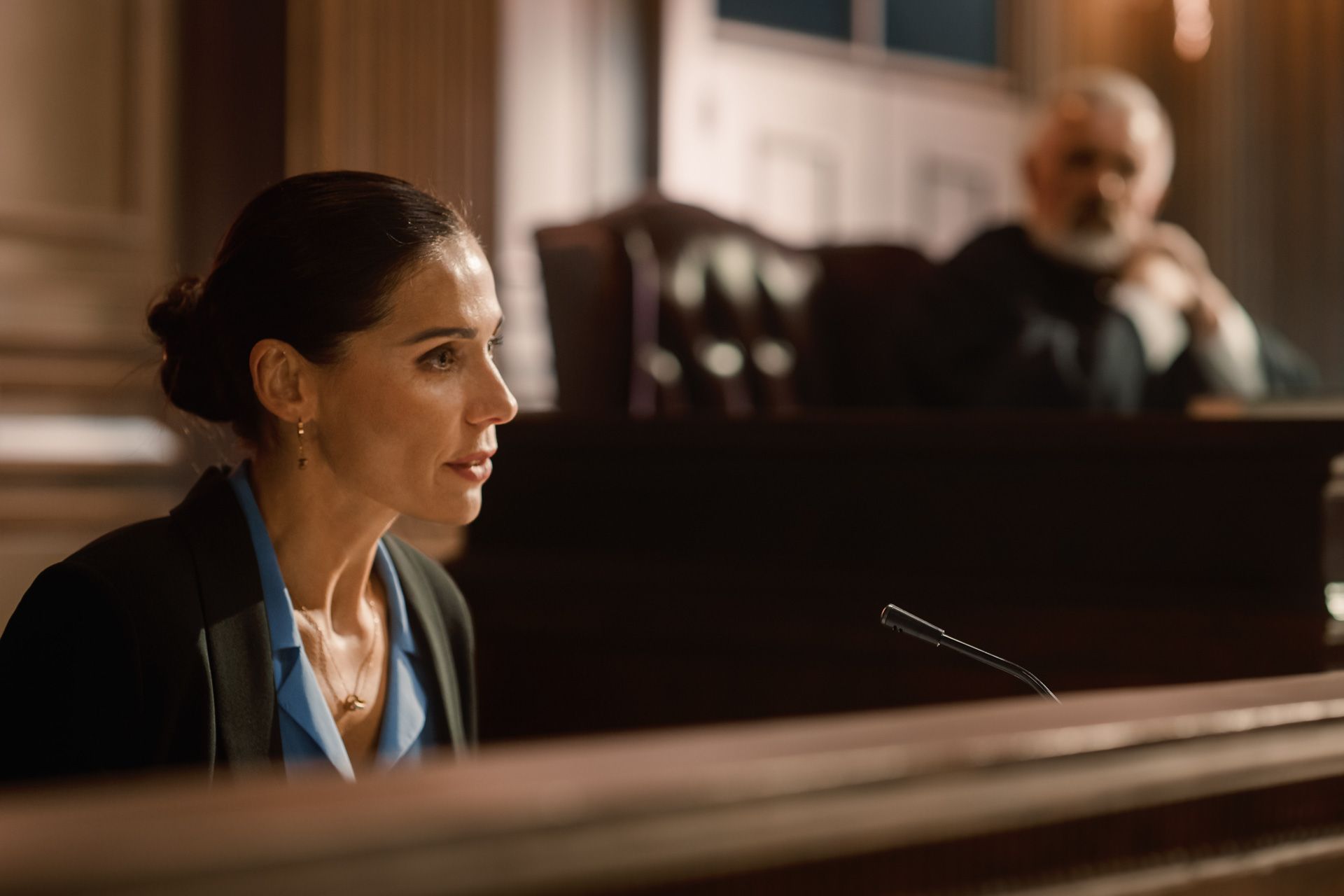
In the courtroom, the role of an expert witness is crucial to providing clarity and credibility to complex cases. Unlike fact witnesses who testify about their direct observations, expert witnesses offer specialized knowledge to help the court understand intricate issues beyond the average person's expertise. But what exactly qualifies someone to be considered an expert witness?
Specialized Knowledge and Training
The cornerstone of an expert witness’s qualification is their specialized knowledge. This generally comes from extensive education, training, or experience in a particular field. For example, a forensic accountant might be called in to decipher complex financial records in a fraud case, while a medical expert might provide insight into injury patterns in a personal injury lawsuit. This specialized knowledge sets them apart from the average individual, allowing them to offer opinions that are informed by their deep understanding of their field.>
Relevant Experience
Experience plays a significant role in establishing expertise. Expert witnesses often have years of hands-on experience in their field, having worked on similar cases or in related environments. For instance, a seasoned structural engineer with decades of experience might be brought in to assess building failures or safety issues. This experience not only demonstrates their capability but also provides them with practical insights that are invaluable in court.
Academic and Professional Credentials
Academic qualifications and professional certifications are also important. An expert witness typically holds advanced degrees or professional certifications relevant to their field. For example, a medical doctor with a specialization in neurology might be called upon to provide expert testimony in a case involving traumatic brain injuries. These credentials help establish their authority and reliability in their area of expertise.
Peer Recognition and Publications
Recognition from peers and contributions to the field further cement an individual’s status as an expert witness. Publications in scholarly journals, presentations at professional conferences, and involvement in relevant organizations can all bolster an expert’s credibility. Such accomplishments demonstrate that their knowledge is respected and that they are actively engaged in advancing their field.
Objectivity and Impartiality
An expert witness must be objective and impartial. Their role is to provide a professional opinion based on facts and evidence, not to advocate for one side or another. The court relies on their unbiased perspective to make informed decisions. An expert witness who is perceived as neutral and objective is more likely to be trusted by the court, enhancing the impact of their testimony.
Ability to Communicate Clearly
Being an expert isn’t just about having specialized knowledge; it’s also about the ability to communicate that knowledge effectively. An expert witness must be able to explain complex concepts in a way that is understandable to judges, juries, and attorneys who may not have a background in the relevant field. Clear communication is essential to ensure that their testimony is both comprehensible and persuasive.
Courtroom Experience
Finally, experience in the courtroom can be a significant asset. An expert witness who is familiar with the courtroom environment and the process of giving testimony can navigate the complexities of legal procedures more effectively. This experience can help them present their findings in a clear and convincing manner, ensuring that their expertise is utilized to its fullest potential.
In conclusion,
An expert witness in court is defined by a combination of specialized knowledge, relevant experience, academic and professional credentials, peer recognition, impartiality, clear communication skills, and courtroom experience.
Together, these factors enable expert witnesses to provide valuable insights that help the court reach informed decisions in complex cases.>